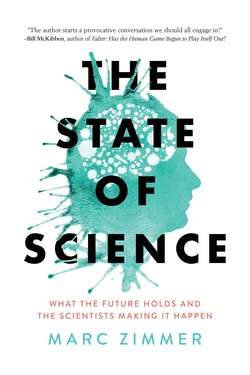Читать книгу The State of Science - Marc Zimmer - Страница 14
На сайте Литреса книга снята с продажи.
Nobel Prizes What Do They Say about Diversity?
ОглавлениеAs I write this we have just gone through another Nobel Prize season. The three Nobel Prizes in chemistry, physics, and medicine are the scientific equivalents of the Academy Awards. Just as for the Oscars, there is a pre-Nobel buzz; scientists are trying to predict who will be awarded the year’s prizes. In the days and weeks following the announcement of the awards, there is a thorough analysis of the winners and their research and sympathizing with those who, unjustly of course, didn’t get an award. It doesn’t take a very detailed investigation to discover that women and black scientists are not proportionally represented among the laureates, the United States does better than most countries, and China has surprisingly few science Nobel laureates.
In 1895, five Nobel Prizes were established according to Alfred Nobel’s will. The first prizes in chemistry, literature, physics, and medicine were awarded in 1901. Each prize can be awarded to no more than three people, and prizes may not be awarded posthumously.
The annual Nobel announcements occur in October, which is Black History Month in the United Kingdom. This is rather ironic, as no black scientist has ever won a Nobel Prize in science. Zero of the 617 STEM laureates! The reasons for this are the limited opportunities black (especially African) students have and the biases, hurdles, and lack of role models that they experience in science. Not enough young black students are choosing science, and there are not enough black full professors in the sciences at elite universities, where the networks and reputations required for winning a Nobel are made. Unfortunately, it is impossible to give Africa the same economic and political power as the global North. But “if we want more black scientists and eventually Nobel laureates, then similar direct strategic action (as has been used to increase the numbers of women in science) is urgently needed.”[17]
